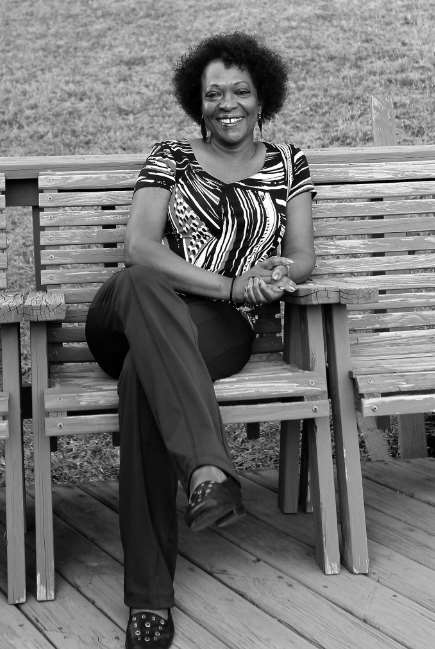

I was always working against the clock and there were always too many people making noise and too many obstacles between me and the plane. I needed to stay alert in case my gate changed or my flight was called or cancelled.

It was much harder to find a way to retreat in an airport. Once I was on a plane I could turn myself into luggage and retreat from the world until we landed. I resented every moment I had to spend waiting for a plane or waiting for my luggage to follow me off a plane, even more than I resented the time spent in the air trapped in a noisy, vibrating steel tube breathing recycled air. I got to know airports really well and I grew to hate them. Sometimes I’d have to fly to three different destinations in a week. For years, I was in airports every week taking the first flight out and the last flight back to wherever I was working that month.

I’d say it’s the thing I miss least about the work I did before I retired. It’s been almost five years now since I set foot in an airport. They’ll let the sun burn them happy all morning Perched like a seal trained for the plunge. I can look at these ragtag nuclear familiesĮxhausted mother waiting to be called up early There’ll be the clumsy procedure of row numbers “The tone-grating, flippant, irritated-caught my ear because it defied my expectations” for a young Asian man in Indiana.Vacation By Rita Dove I love the hour before takeoff, “There’s nothing explicitly Orientalist in work,” he told me. Yet Yu, the UW–Madison professor, agreed. This is a poetry of grievance, and if flecks of self-mocking humor soften its despair, I’d argue that it’s still slightly more interesting coming from a Chinese American writer than a white one. Until every goddamned thing’s reduced to botched captionsĮlsewhere, “Chou” laments that he “ never amounted to much.” “At my feet,” he writes, “the leaves/ skittering across the driveway say: Thanatos! Thanatos!/ as if to shush me with the bug-holed currency// from life’s latest bankruptcy.” Running an inept tour for my own sad swindle of a vacation (Yes, art at even the highest levels has some striations, but those distinctions-between Frederick Seidel and Shakespeare, for instance-are rarely applicable to a “year’s best” roundup.) And so the criteria that editors apply to separate one tangle of beautiful poems from another will obviously have less to do with the beautiful poems themselves than with the kind of artistic community we want to nurture-one in which people of all backgrounds can speak their particular and irreplaceable truths.īut tell that to the disillusioned speaker of “The Bees, the Flowers, Jesus, Ancient Tigers, Poseidon, Adam and Eve.” (Even the title suggests a numbness to the world’s variety and abundance.) He is a bitter, cynical fellow, prone to lines like: Who would win between Robert Hayden and Adrienne Rich? Jorie Graham and Charles Simic? It’s an absurd question. In his introduction to BAP 2015, Lehman writes that “the spirit of democracy on display” in the book is “not inconsistent with the search for literary excellence.” I would go farther: There’s something equalizing about literary excellence-above a certain tree line of creative achievement, poems inhabit the same glorified atmosphere.

Most people would rather see diversity be one of those factors than say, marketing or connections. Any selection of the best ones will necessarily rely on extra-literary factors. The question seems legitimate but lacks context. On the other hand, has Hudson’s immoral gambit exposed a flaw in the literary ecosystem? Why should a poem be rejected under one name and accepted under another?


 0 kommentar(er)
0 kommentar(er)
